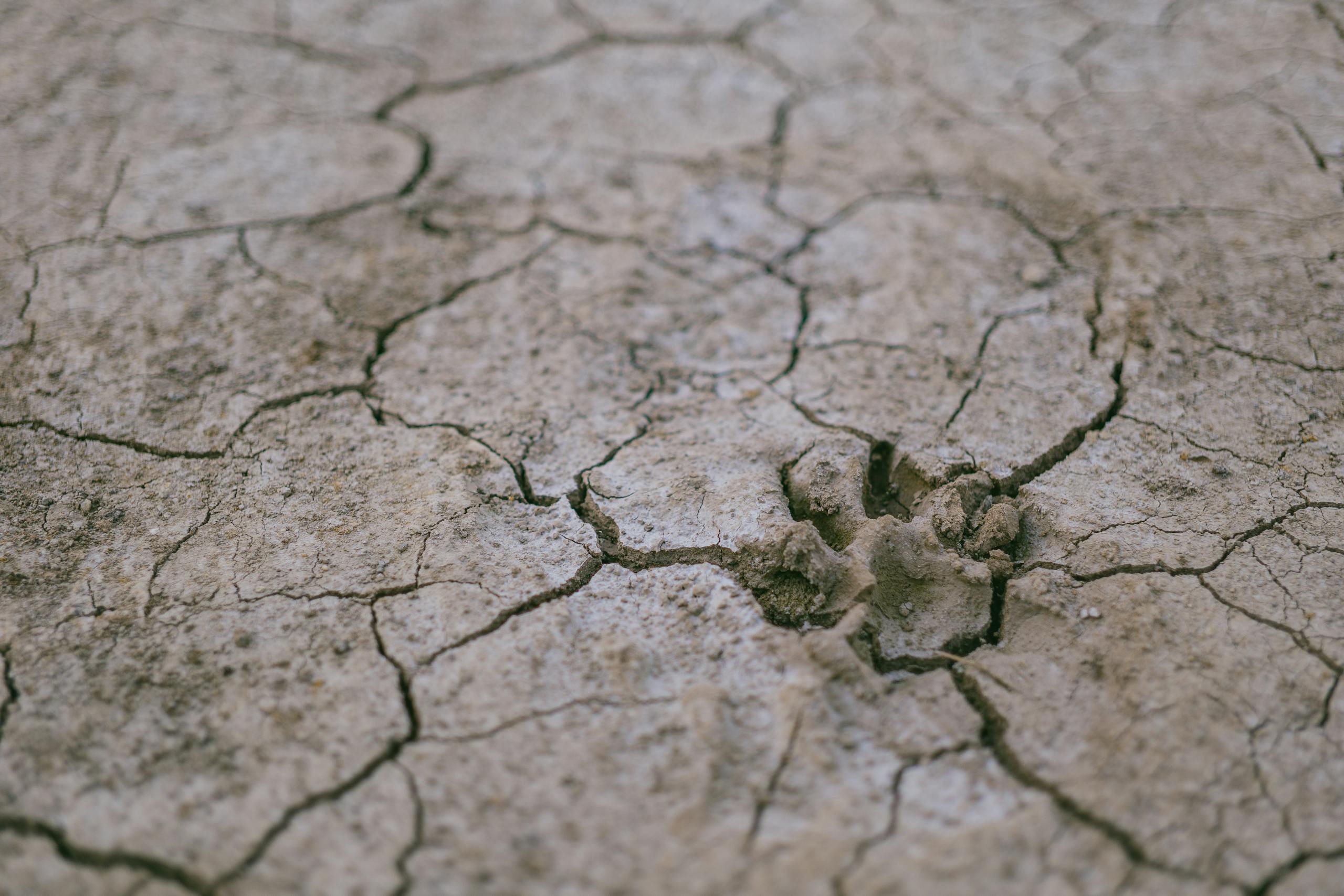Welcome to Shining Science
Exploring the wonders of our universe — from Earth to the edge of space.
Shining Science is a dedicated platform that delivers well-researched insights into Earth Science, Space, Technology, Environment, and Education. We aim to provide accurate, reliable, and easy-to-understand scientific knowledge for learners, educators, and professionals alike. From natural phenomena such as earthquakes and climate change to the latest space discoveries, we cover a wide range of topics to make science accessible and engaging for everyone.
Curious about Earth Science? 🌍 This tool helps you explore the latest research and discoveries in geology, climate, oceans, and more — all in one place. Just type a topic you’re interested in, and it’ll pull up real studies, articles, and papers with summaries and author details. Whether you’re a student, researcher, or just love learning, this is your shortcut to reliable Earth Science information.
Earth Science Researcher Tool
Type any Earth Science topic to explore real research papers, journals, and studies instantly.
Latest Articles
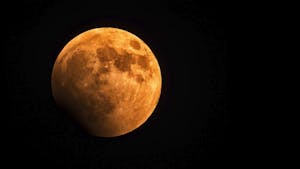
How to see Sunday’s Blood Moon total lunar eclipse
Get ready, stargazers! This Sunday, September 7-8, 2025, the night sky is putting on a jaw-dropping show—a total lunar eclipse, also known as a Blood Moon.

How Climate Change Is Fueling Bigger Wildfires in Europe
Wildfires have always flickered across Europe’s forests and fields, especially in the sunny south. But these days, they’re not just small blazes.
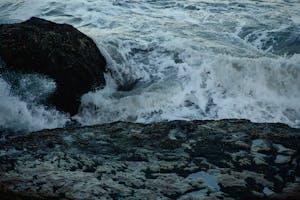
Atlantic Ocean Current at Risk of Collapse
Scientists warn the Atlantic Ocean’s AMOC current could collapse sooner than expected, potentially by 2025, due to climate change.
EarthQuake Tracker
The Earthquake Tracker helps you stay informed about recent seismic activity around the world. It shows when and where earthquakes happen, how strong they are, and what areas might be affected. Whether you’re a student, researcher, or just curious about how our planet moves, this tool makes it easy to follow real-time earthquake data clearly and simply.
🌎 Live Earthquake Tracker
Real-time global earthquake data — updated every few minutes
Why Choose Us?
☁️ Live Weather Monitor
Check real-time weather updates for your city
Earth science and technology team up to help us understand and protect our planet. Earth science teaches us about the ground, oceans, weather, and natural events like earthquakes or storms. Meanwhile, technology gives us tools like satellites, drones, and sensors to predict weather or clean up oceans. Together, they tackle big issues like climate change, create clean energy with things like solar panels, and keep our Earth healthy and happy
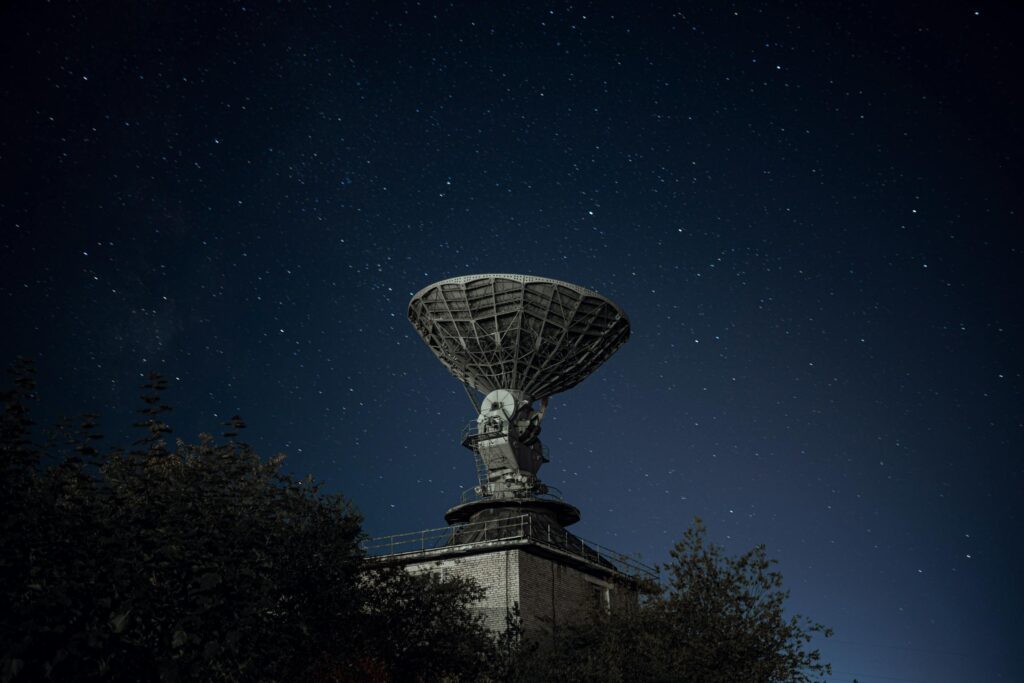
Explore by Category
🌌
From glowing galaxies to mysterious black holes, space holds secrets that challenge our imagination and expand our understanding of the cosmos.
🌋
Earth Science explores the planet we call home — from shifting tectonic plates and changing climates to the forces that shape mountains, oceans, and weather patterns.
🌱
Our environment is a delicate balance of land, water, and life. By learning how it works, we can make choices that keep Earth healthy and thriving.
📘
Our study guides make learning science easier and more enjoyable. Each guide breaks down complex topics into clear, step-by-step explanations for students and educators.
Related Articles

AI in Science Classrooms: White House Education Challenge
Imagine a science classroom where students use artificial intelligence to predict weather patterns, analyze fossils, or model ecosystems.

Carbon in Earth’s Core: The Secret Ingredient of Our Planet’s Formation
Deep inside our planet’s core lies a surprising ingredient: carbon — a key to understanding Earth’s formation.

Asteroid 2025 QV5 Close Flyby: Will It Return in 100 Years?
On September 3, 2025, asteroid 2025 QV5 made a close approach to Earth — could it come back in a century?
Think you know Earth? Think again.
This planet is constantly shifting, shaking, exploding, eroding, freezing, melting — and it’s been doing it for 4.5 billion years.
🧠 Science Knowledge Quiz
Test your general science knowledge — can you score full marks?
Testimony
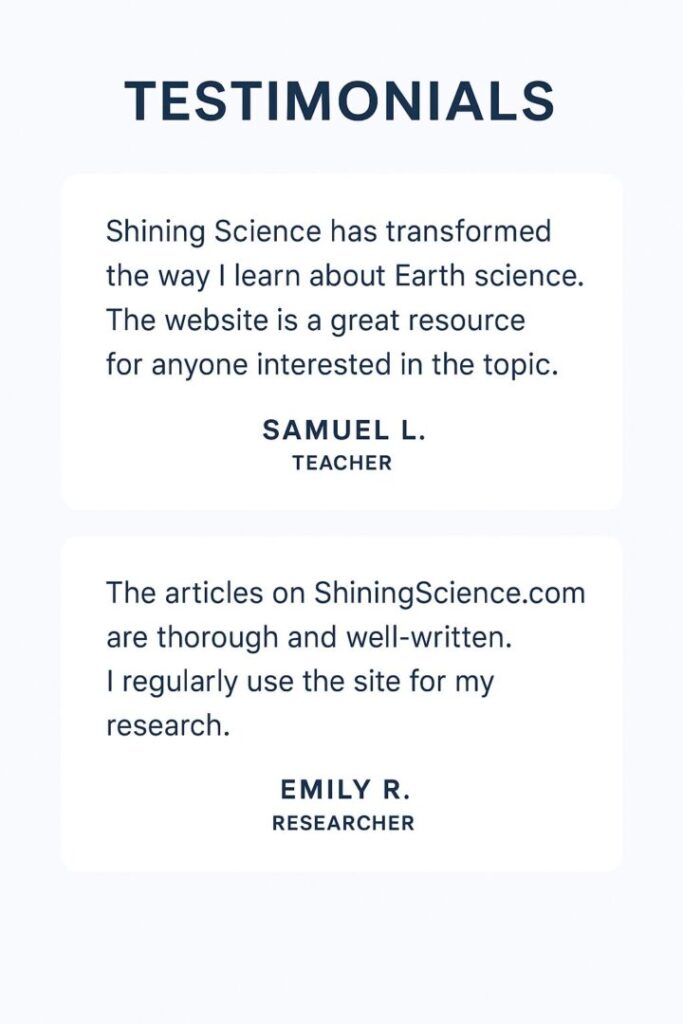
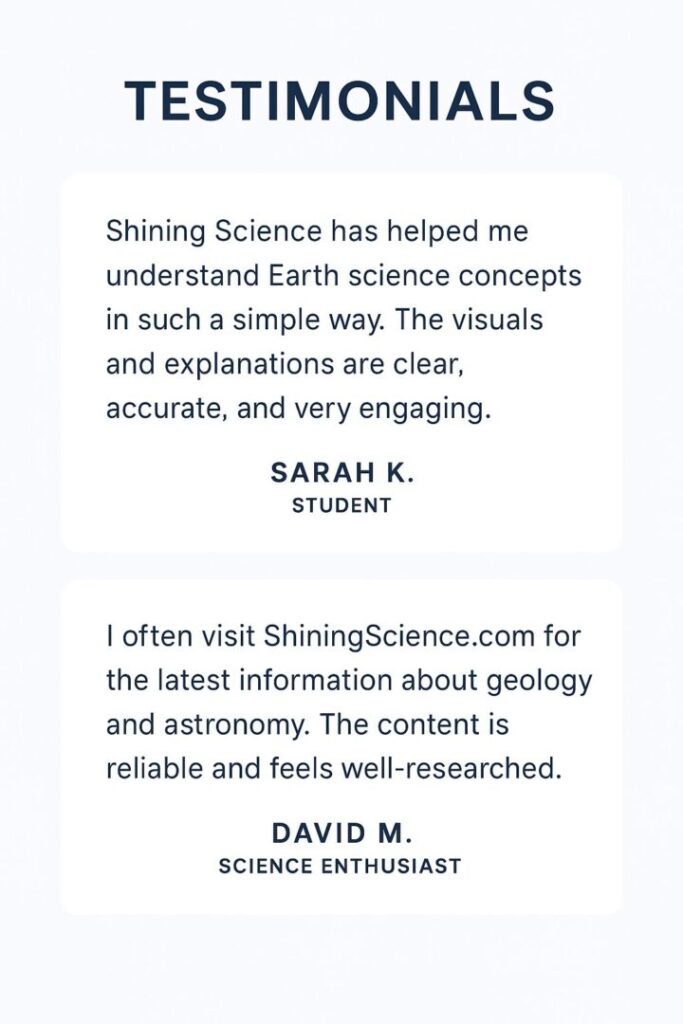
Recent Posts
How Zircon Crystals Bridge the Stars
Discover how tiny zircon crystals connect Earth’s crust to the cosmos.
Wee Forests Bringing Big Changes to Scotland
See how mini forests are reshaping Scotland’s climate and communities.
Falling Ocean Phytoplankton
Explore why ocean phytoplankton are falling — and what it means for Earth.



